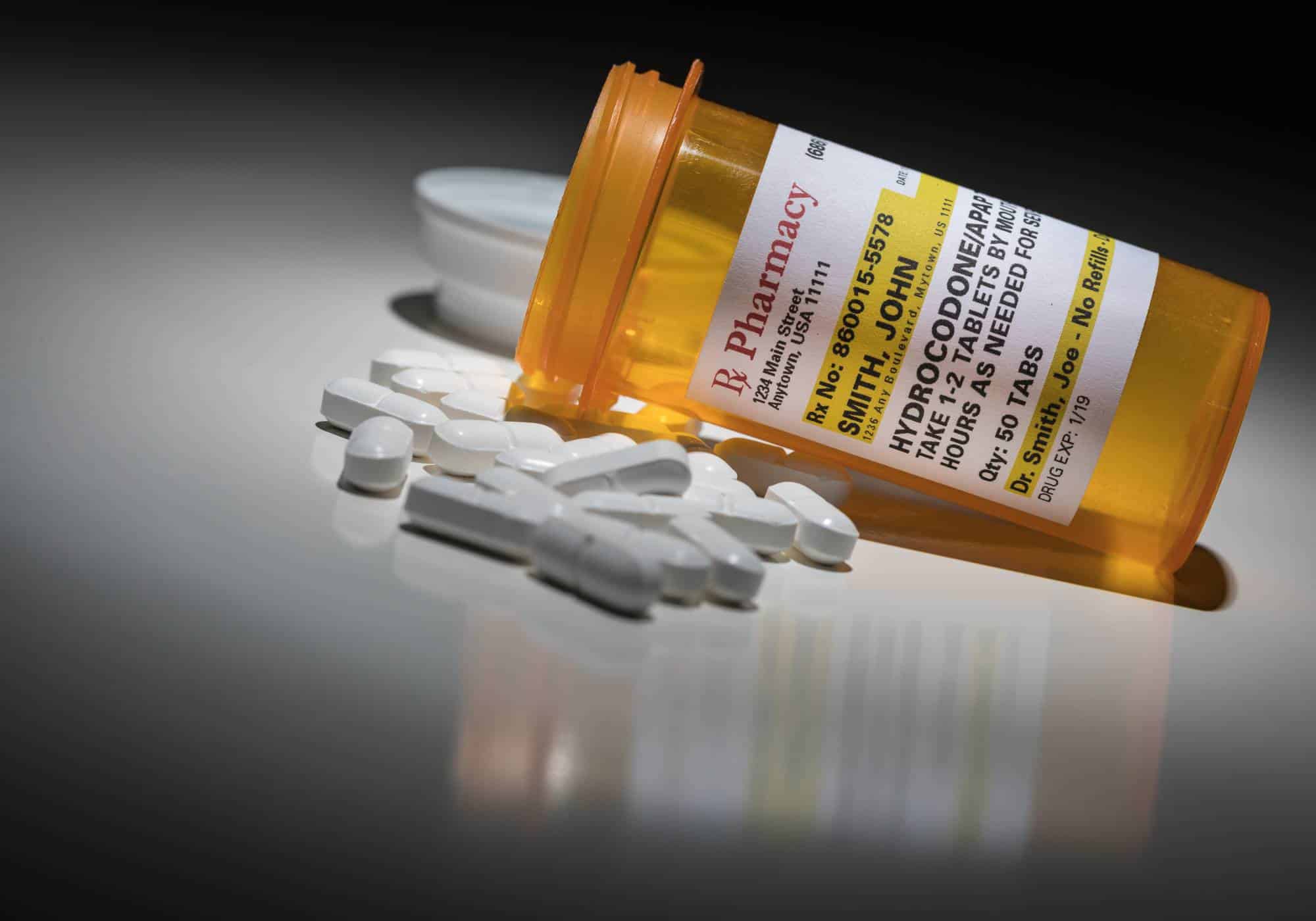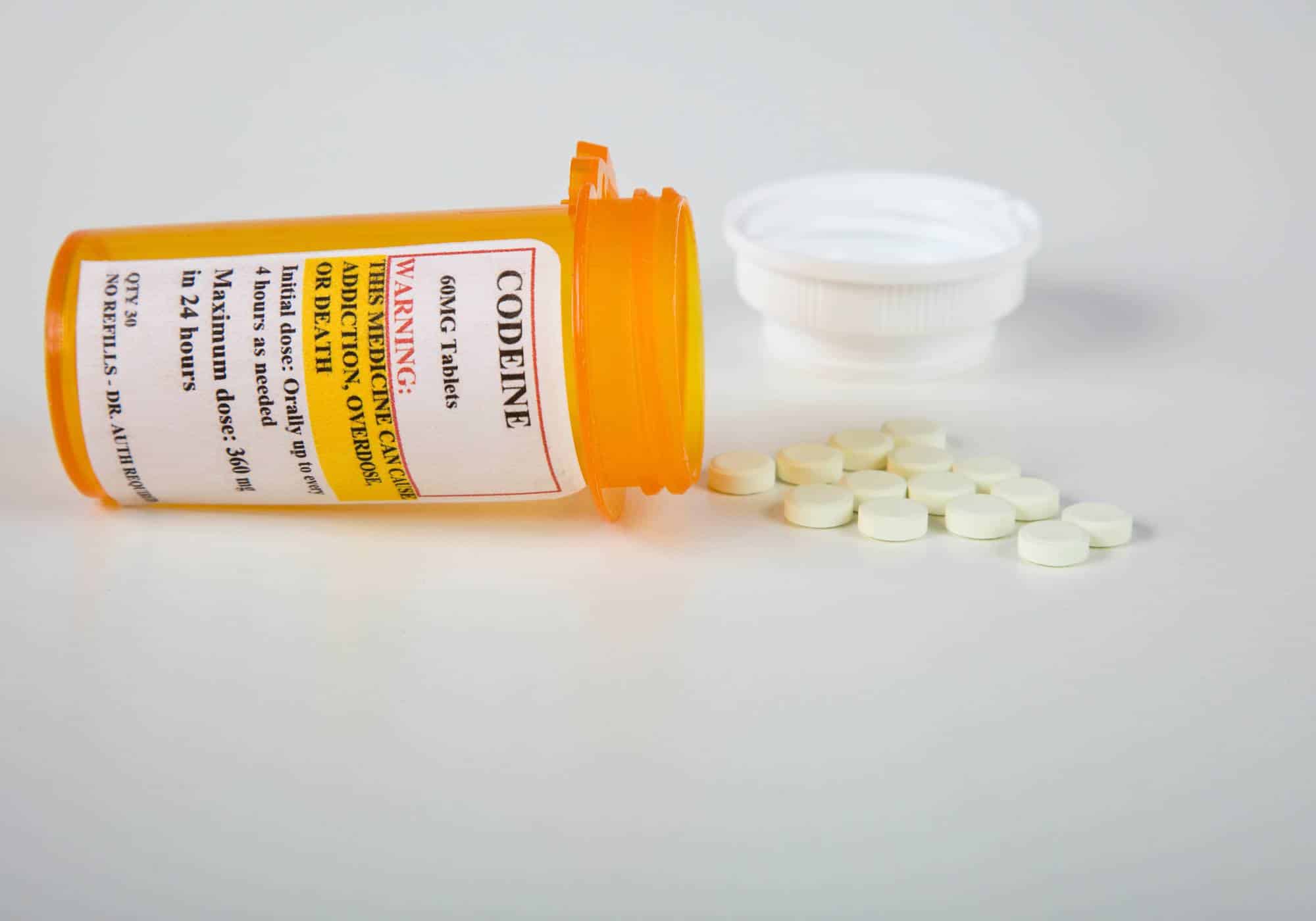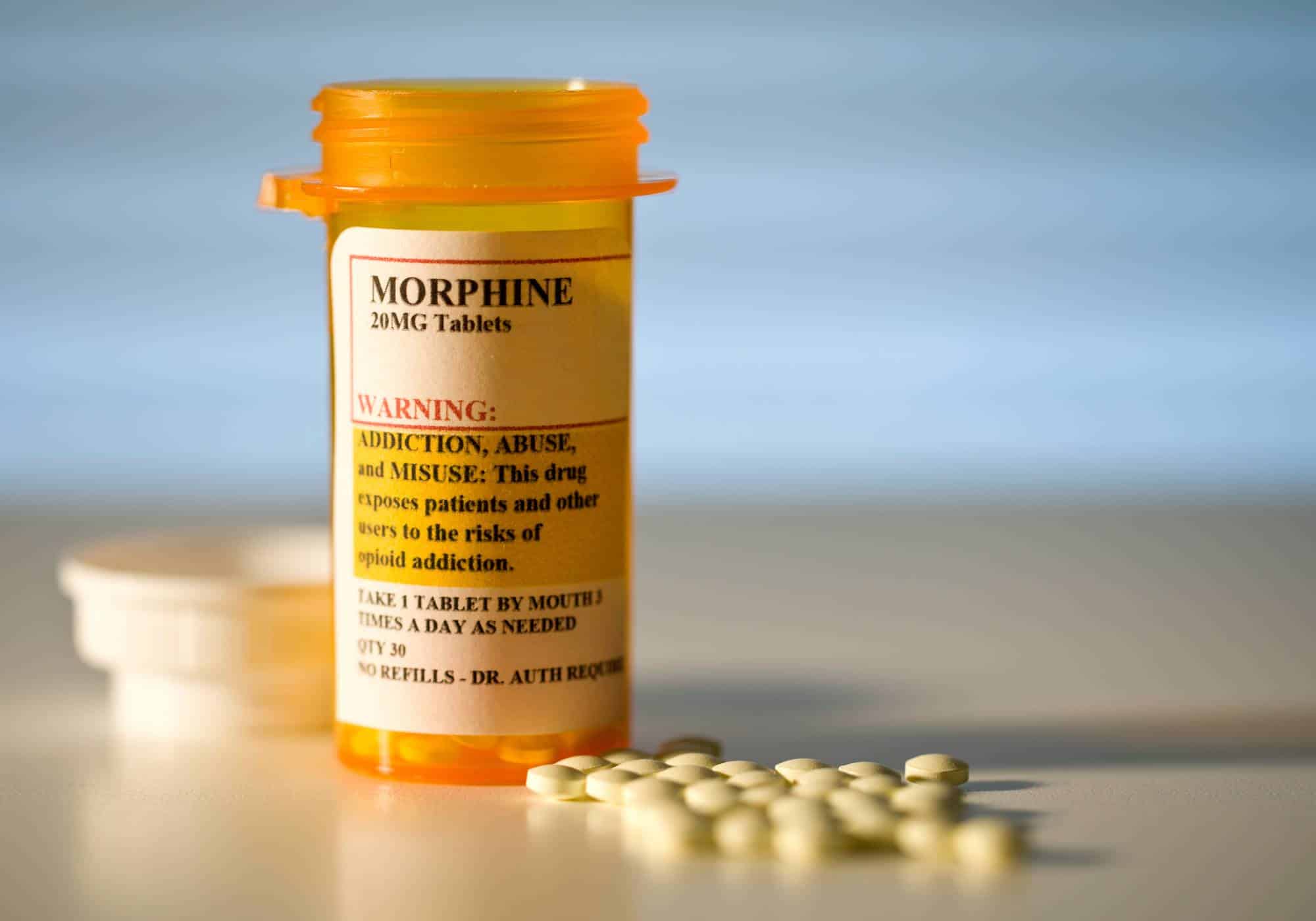Asking yourself “can you die from alcohol withdrawal?” is a significant indicator that it’s time to seek help, as alcohol withdrawal can indeed be life-threatening.
According to the National Council on Alcoholism and Drug Dependence (NCADD), about one in every twelve adults struggles with alcohol dependency. In the U.S. alone, up to 2 million adults experience alcohol withdrawal annually. Despite available treatments, like those offered at our Atlanta alcohol rehab centers, many do not seek the help they need.
Long-term, heavy alcohol consumption leads to alterations in the brain’s structure and function. This occurs as alcohol disrupts the movement and processing of neurotransmitters.
When considering the question, “Can alcohol withdrawal cause death?” it’s important to recognize the risks involved, especially for those with severe alcohol use disorder. Quitting alcohol abruptly and without medical supervision can be highly dangerous. In cases of acute alcohol withdrawal or delirium tremens, the situation can indeed be fatal.
So, to the question “Can alcohol withdrawal kill you?” – the answer is yes, particularly in severe cases of dependency without proper medical oversight. Seeking professional help is crucial in safely managing the withdrawal process.
Alcohol Withdrawal Symptoms
An individual who has been chronically misusing alcohol may face various withdrawal symptoms when they abruptly stop or significantly reduce their alcohol consumption. These symptoms can vary widely in severity, from mild discomfort to severe, and in rare instances, they can pose life-threatening risks. Common alcohol withdrawal symptoms include:
- Anxiety and nervousness.
- Profuse sweating.
- Shaking or tremors in the hands.
- Dehydration.
- Accelerated heart rate.
- High blood pressure.
- Difficulty sleeping or insomnia.
- Nausea and vomiting.
- Diarrhea.
Understanding these symptoms is key for anyone undergoing alcohol withdrawal, highlighting the importance of professional guidance and medical support during this challenging process.

Can Alcohol Withdrawal Kill You?
Alcohol, when consumed in moderation, poses little risk, but regular moderate to heavy drinking can lead to physical dependence and dangerous withdrawal symptoms. So, is it possible to die from alcohol withdrawal?
According to the New England Journal of Medicine, about half of those with alcohol dependence experience withdrawal symptoms upon cessation. Alarmingly, 3% to 5% of these individuals face severe withdrawal symptoms like delirium or grand mal seizures, sometimes both, a condition known as delirium tremens (DTs).
Several medical complications associated with delirium tremens can be life-threatening without immediate medical attention, including:
- Extremely high fever
- Cardiac arrhythmias (irregular heartbeats)
- Hyperthermia
- Grand mal seizures
The National Library of Medicine reports that alcohol withdrawal symptoms usually begin within 8 hours after the last drink and peak after 2 to 3 days. However, delirium tremens can sometimes take up to 3 days post-drinking to manifest, making it particularly dangerous as individuals might assume they are past the worst, only to be hit with these severe symptoms without immediate access to medical care.
The intensity and nature of alcohol withdrawal are directly linked to the level of dependency on alcohol. Long-term, heavy drinkers are more likely to experience severe withdrawal symptoms than those with a milder alcohol use disorder. The risks and severity of alcohol withdrawal are further increased by any co-occurring mental health disorders and the use of other central nervous system depressants, such as benzodiazepines. Being aware of these risks is crucial for anyone with alcohol dependence, particularly when considering cessation or detoxification.
How Death Can Occur During Alcohol Withdrawal
Death due to alcohol withdrawal, while uncommon, is a possibility, particularly in long-term heavy drinkers who attempt to quit without medical assistance.
One of the critical concerns is withdrawal seizures. These typically manifest within 24 hours of the last drink. In a small percentage of cases (around 3%), these seizures escalate to status epilepticus, a severe and continuous form of seizure. This condition is a medical emergency and, if left untreated, can result in lasting harm or even death.
Delirium tremens (DTs) represent the most severe phase of alcohol withdrawal and carry a risk of being fatal. Symptoms of DTs include:
- Severe confusion and disorientation
- Rapid heart rate
- Visual or auditory hallucinations
- High blood pressure
- Increased respiratory rate
- Fever
- Intense sweating
- Agitation
- Stupor
- Loss of consciousness
Prompt medical treatment of delirium tremens greatly reduces the likelihood of death from alcohol withdrawal. Early intervention and appropriate care are crucial for managing these severe symptoms safely.
Why Alcohol Withdrawal Occurs
Alcohol withdrawal happens due to the brain’s chemical adaptation to prolonged, frequent alcohol use. Over time, the brain becomes reliant on alcohol, reaching a point where it struggles to operate normally without it. For someone with alcoholism, alcohol consumption feels as vital as any other daily necessity for survival.
When alcohol is suddenly withdrawn, the brain, now dependent on its presence, reacts in a state of confusion and distress. This reaction triggers a spectrum ofwithdrawal symptoms, varying from mild and manageable to intense and, in some cases, life-threatening. Understanding this process is crucial in recognizing the challenges faced during alcohol withdrawal and the importance of seeking appropriate help.

How Can Alcohol Withdrawal be Fatal?
While alcohol withdrawal itself is not typically a direct cause of death, there are three critical symptoms associated with the withdrawal process that can be life-threatening:
- Seizures: Long-term heavy drinkers are at a higher risk of experiencing seizures during alcohol detox and withdrawal. These seizures, often tonic-clonic (previously known as grand-mal seizures), involve intense muscle contractions and convulsions. Such seizures can lead to complications like aspiration, choking, or injuries due to uncontrollable body movements. Localized seizures, such as twitching limbs, may indicate an underlying mental health condition.
- Delirium Tremens: This severe withdrawal syndrome includes dangerous symptoms like confusion, disorientation, hyperactivity, and could lead to heart attacks, seizures, and strokes. Delirium tremens require immediate medical attention due to their severe nature.
- Wernicke-Korsakoff Syndrome: This condition arises from a nutritional deficiency rather than withdrawal itself. Wernicke-Korsakoff Syndrome (WKS), also known as ‘wet brain’, is caused by a lack of vitamin B1 (thiamine) and is common among alcoholics. While less than 5% of individuals with WKS show decreased consciousness levels, untreated cases can progress to stupor, coma, and eventually death.
It’s important to recognize these serious complications of alcohol withdrawal. Proper medical supervision and treatment are essential to safely navigate the detox process and manage these potentially fatal risks.
Alcohol Withdrawal Death
If you’re questioning whether “is alcohol withdrawal fatal?” or “can alcoholics die without alcohol?”, it’s important to understand the risks involved.
Acute alcohol withdrawal symptoms often emerge in individuals who have been drinking heavily and regularly but then abruptly reduce or stop their alcohol consumption. During this acute withdrawal phase, the risks increase significantly, including the possibility of losing consciousness, experiencing seizures, and developing delirium tremens (DTs).
The severe complications that can arise in this acute stage highlight the dangers of suddenly stopping alcohol after prolonged heavy use. It can be not only unwise but also potentially life-threatening. For anyone grappling with alcoholism, understanding the safest and most effective ways to seek treatment is crucial in ensuring a safe recovery journey.
Finding Support for Alcohol Withdrawal at Hope Harbor Wellness
At Hope Harbor Wellness, we offer outpatient treatment tailored for safe recovery from alcohol use disorder, minimizing the risk of facing severe withdrawal symptoms like delirium tremens on your own.
For those with a history of heavy, long-term drinking, our medical detox program is designed to ease withdrawal symptoms and alcohol cravings. We provide around-the-clock medical supervision and access to FDA-approved medications to manage withdrawal effectively.
Our approach goes beyond just managing physical symptoms. We also address withdrawal-related issues like insomnia, anxiety, depression, and nausea through medication.
Once your body is clear of alcohol, you can fully engage in our comprehensive outpatient treatment programs. These include medication-assisted treatment along with individual and group counseling.
For individuals with concurrent mental health disorders, our dual diagnosis treatment program offers integrated support, tackling both alcohol dependency and mental health issues together, eliminating the need for self-medication with alcohol.
We also provide a range of programs like Outpatient Rehab, Intensive Outpatient Program (IOP), Partial Hospitalization Program (PHP), and Sober Living for those needing more structured support. These options offer the intensity and commitment of residential treatment without the associated costs and restrictions.
If you’re wondering about the risks of withdrawal and need a more intensive treatment approach, Hope Harbor Wellness is here to assist. Our team is ready to help you find the most suitable alcohol rehab solution for your needs.












